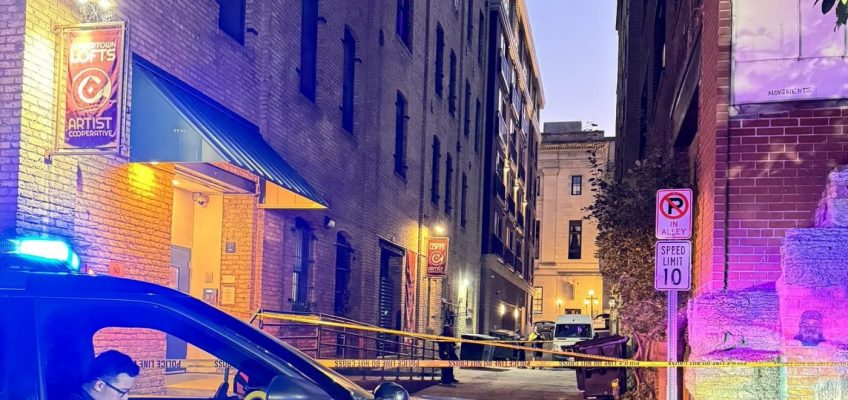The Twins climbed out of an early hole, broke out of a homerless drought that had lasted more than a week and finally, finally got that big hit when they needed it.
And yet, despite the 8-3 win over the Miami Marlins on Wednesday night at Target Field, their odds of making the playoffs still decreased. With the Detroit Tigers and Kansas City Royals winning earlier in the evening, the Twins needed a win just to keep pace in the wild-card race.
Though the Twins didn’t get any outside help from either of those team’s opponents, they did win a crucial game that kept their slim playoff hopes alive — they trail both by two games with four to play — by overcoming a poor start from Simeon Woods Richardson.
The Marlins were all over Woods Richardson, who found himself staring at a deficit just three batters into the game, as Jake Burger hit a three-run home run out to left.
Woods Richardson was not long for the game, facing 10 batters and letting seven batters reach base. He departed after giving up two hits in the second inning, making way for Louie Varland, who struck out the next three batters to keep the Marlins right where they were.
In what amounted to an unplanned bullpen game, Twins pitchers struck out 16 batters to halt the Marlins in their tracks and give the offense a chance to stay in it.
They got a little help from the Marlins’ infield defense, too.
While the Marlins’ three outfielders each made a fantastic grab, their infield defense allowed four errors, including one in the Twins’ two-run second inning. The Twins tied it in the fourth on Byron Buxton’s 450-foot home run, which was the Twins’ first blast since Sept. 17, a stretch of more than 60 innings.
Minnesota finally broke things open in the seventh, against using some help from the Marlins to do it. With Brooks Lee on second base, Christian Vázquez laid down a two-strike bunt, which pitcher Declan Cronin threw away.
Lee raced home to score, giving the Twins their first lead of the night. Carlos Correa, who earlier made a key baserunning blunder and was doubled off second base, atoned for his mistake by driving in another run with a double before Carlos Santana sent a bases-clearing double to right field to send the Twins on their way to a pivotal victory.
Related Articles
With 100th game, Twins’ Byron Buxton reaches goal milestone
Twins slip even further from playoff spot with loss to Marlins
Max Kepler unlikely to return in regular season, could have played last game with Twins
Twins still in playoff picture, but odds worsening with six games left
Pablo López roughed up in crucial start for Twins




